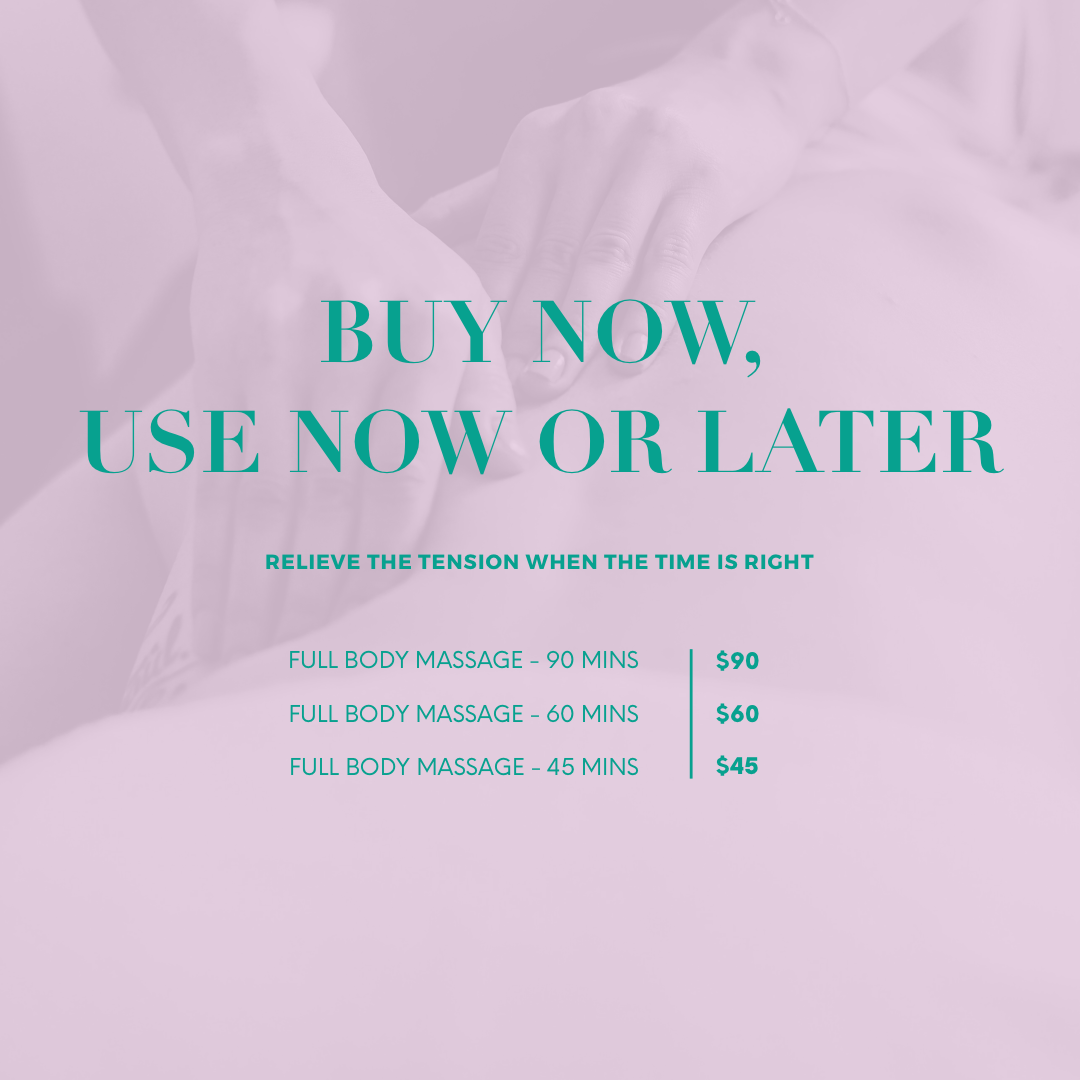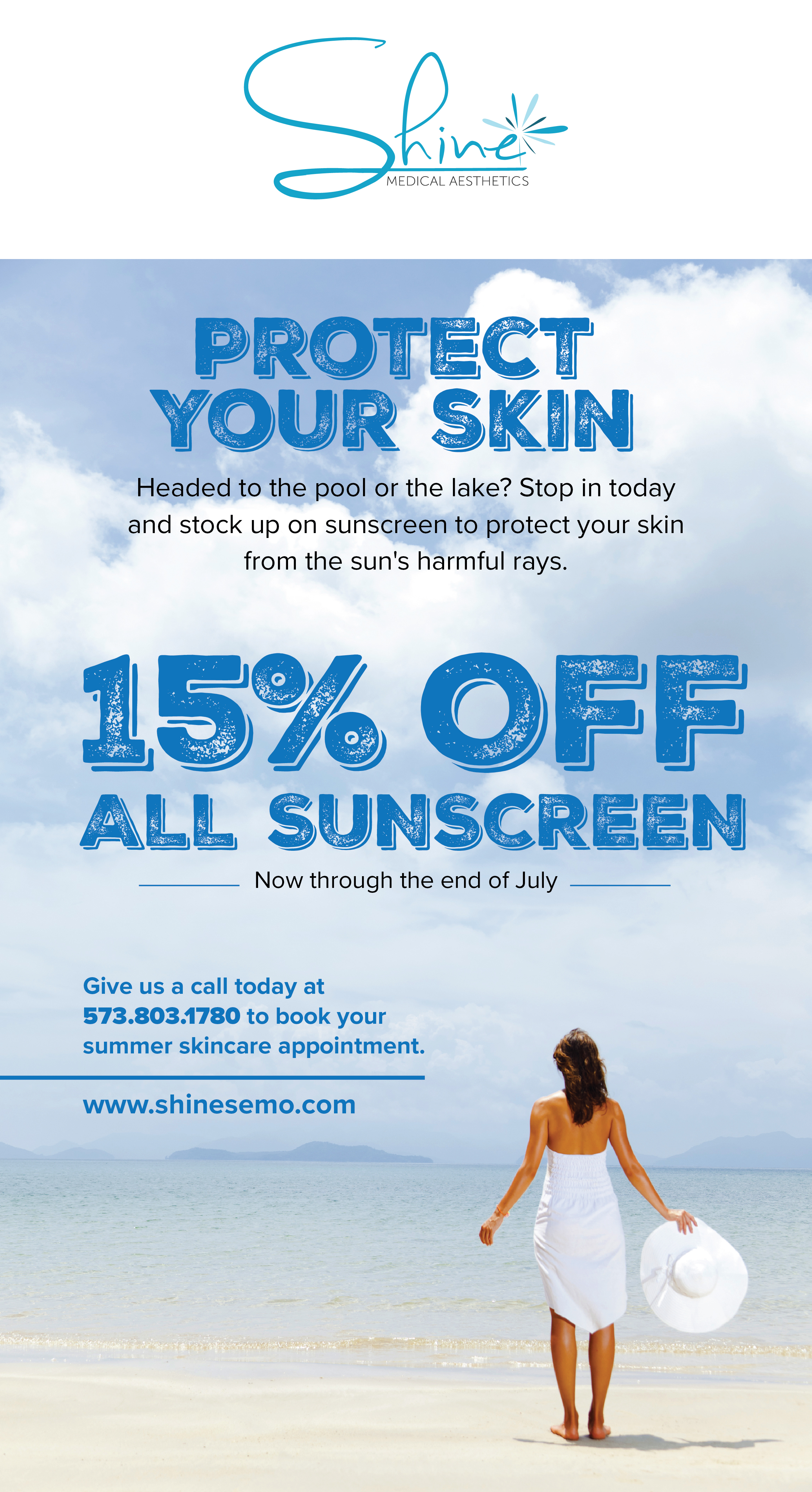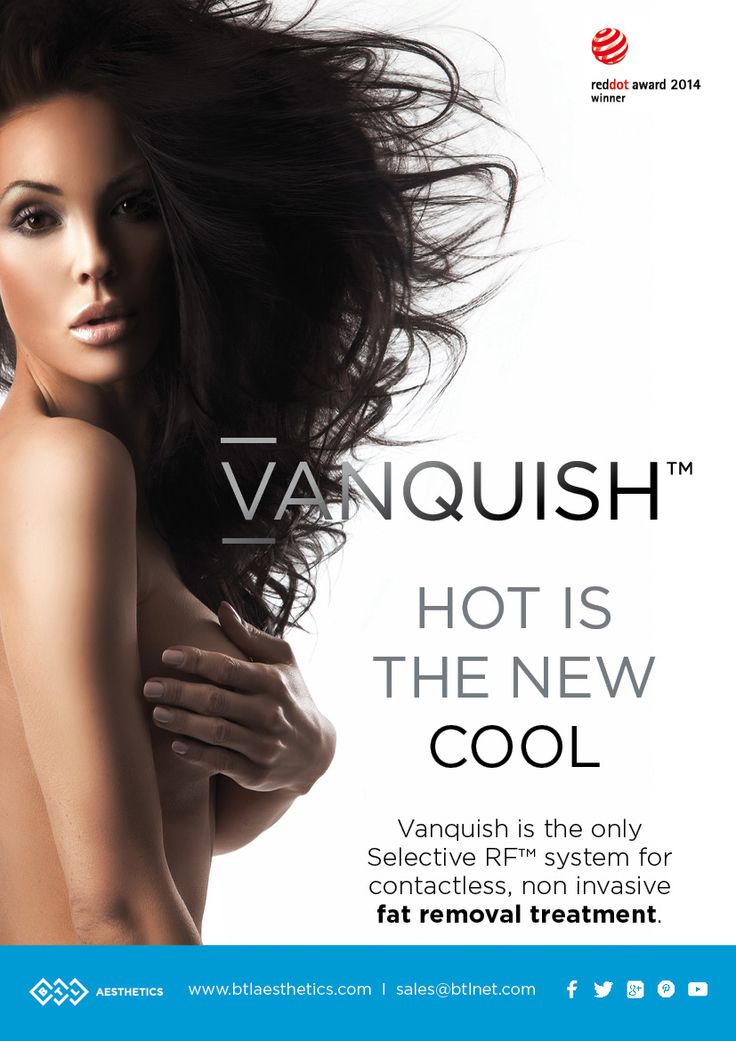
November Special
Related Posts


Obagi, SkinCeuticals, Elta MD or Colorescience we got it!
Sidney | 10.7.2018

FREE Vanquish Seminar
Sidney | 18.3.2017
Join us Wednesday, March 22nd at 6:30 pm for our free Vanquish Seminar.
Hear Dr Moon and our Medical Estheticians speak about the Vanquish procedure and results, live demo, discounts, drinks, food and more.
Vanquish is the latest innovation in non-invasive, non-surgical technology for fat removal. The breakthrough technology heats stubborn cells just enough to allow for cell breakdown, transforming them into waste, which the body begins to naturally flush away and eliminate.
- No needles
- Little Risk or side effects
- Quick treatment times
- No downtime between treatments
- Experience results as soon as the first few sessions
